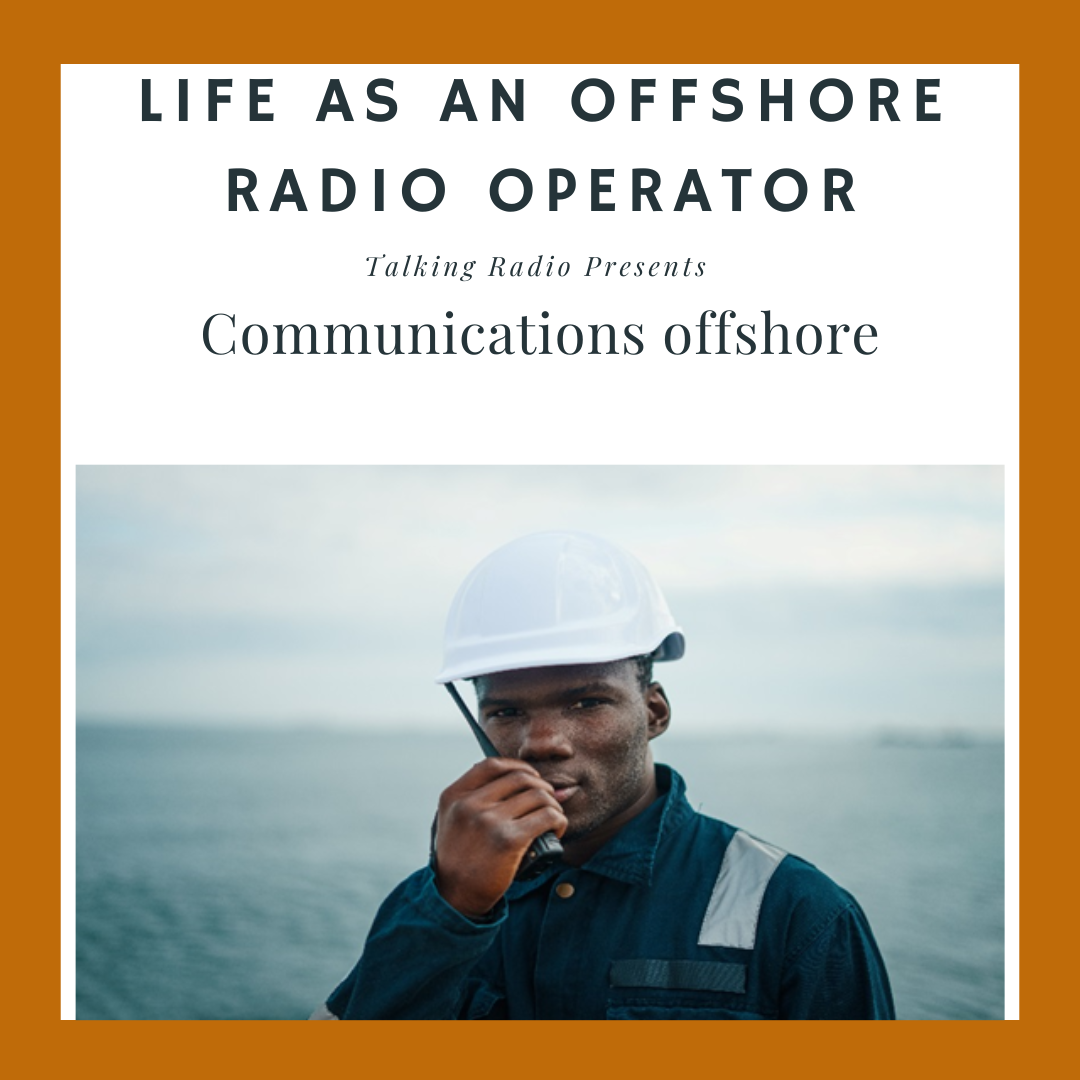
LIFE AS AN OFFSHORE RADIO OPERATOR
Dylan KemloHave you ever wondered who manages the communication operations of an offshore platform? An offshore radio operator plays a critical role in maintaining communications and safety at sea. Their duties include the following key points as highlighted:
- Operating and maintaining all radio equipment to ensure clear communication between the offshore facility, helicopter traffic, other shipping vessels and shore-based stations.
- The logging of all communication transmissions, including those related to navigation, safety and emergencies.
- Relaying of all weather reports and navigation warnings to all concerned.
- Ensuring that all communications adheres to international maritime and aviation laws.
- Carrying out daily and weekly maintenance checks, and performing troubleshooting as required to ensure that all radio equipment is serviceable.
To qualify as an offshore radio operator, you would need to be certified in the following categories:
- Marine Radio Operators License (GMDSS)
- Aeronautical Radio Operators License (VHF)
- Proficiency in English
- Basic Offshore Safety Induction and Emergency Training (BOSIET)
- Seafarers Medical Certificate
A radio operator primarily serves as the focal point of contact between the offshore platform and all parties concerned, making their role vital for ongoing safety in communications.
To find out more about becoming a radio operator from someone who has worked in this Offshore position previously in Africa and the North Sea please email dylan@talkingradio.net